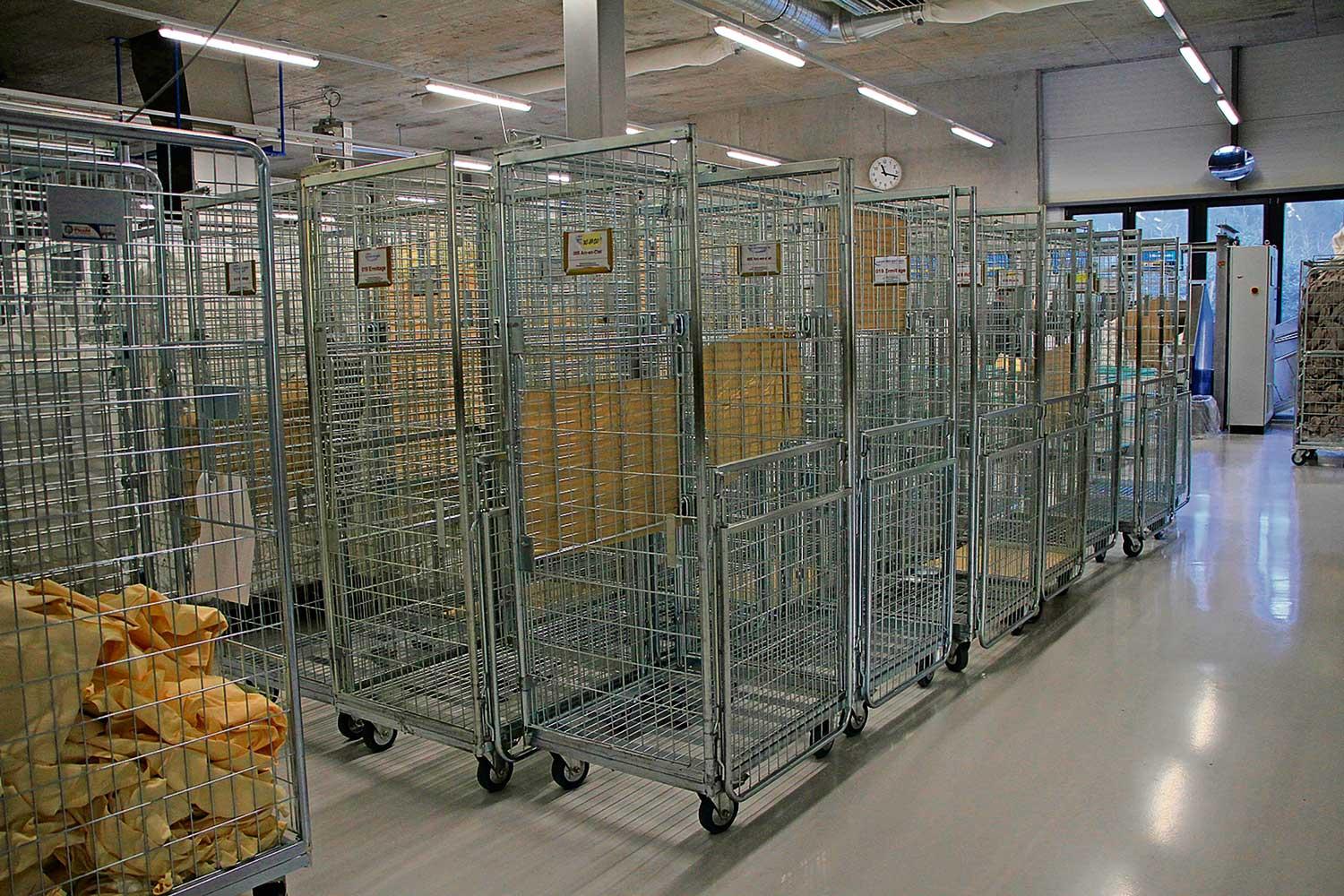Dirty laundry wanted
17.11.2020 BusinessWhen holidaymakers spend a few nights here or a concert pleasure prompts them to return to their fine evening attire, laundries also have work to do: in the background they clean tablecloths, sheets, terry towels, clothes and much more. Laundry Gstaad used to wash up to nine tons of laundry from hotels, restaurants, businesses and private customers per day during the peak season.
Due to the coronavirus, hotels and restaurants are much less busy than before says Heiko Dietrich, operations manager of Laundry Gstaad. This means that the business is losing its financial basis: "In the off-season, we are particularly short of laundry from three- and four-star hotels," he explains. "Five-star hotels usually deliver hardly any dirty laundry at this time anyway, as they are mainly open in the peak season.”
Laundry and labour shortage
The daily capacity of ten tons is currently reached at Laundry Gstaad every week at most. A precarious situation, as the operations manager notes: "In the worst time so far, in May, we only had 500 kilograms of laundry in one week. In fact, it was not even worth putting the machines into operation!” During the first lockdown and now in the off-season it is difficult to find enough work for the 23 permanent employees. "Normally, seasonal workers join us in the main seasons. But at the moment we get so little laundry that not even the permanent staff has enough work."
Additionally, Laundry Gstaad is unable to rent out clean laundry to catering businesses. This means that clean laundry piles up in the warehouse that is not needed – and the laundry rooms remain practically empty. Financially, the company is therefore keeping its head above water with money for short-time work and its own reserves.
The same hygiene regulations
The pandemic has no effect on the laundry process itself, not even on laundry from doctors' surgeries and from Spitex: "We have always had disinfecting laundry processes anyway. In addition, dirty laundry and clean laundry have always been strictly separated from each other," explains Dietrich. And since the introduction of hygiene guidelines at the beginning of 2020, employees have had to disinfect their hands whenever and wherever they come into contact with laundry – especially in the clean laundry sector.
According to the operations manager, the risk of employees becoming infected by the dirty laundry of a corona infected person is very low: "If laundry is suspected of being infected, hands and forearms are disinfected after loading the washing machine. However, the employees always wear gloves in the dirty laundry area anyway," says Dietrich. In general, pathogens tend to remain in the textiles if handled correctly, which means that if the dirty laundry is handled correctly, there is hardly any risk of infection for the employees.
As optimistic as possible
Laundry Gstaad is going through hard times, but Dietrich is trying to look ahead. "Basically, I am an optimistic person," he says with a smile. "That's why I assume that the new measures will have an effect and that the number of cases will decrease until winter.” In that case, the company would still have a chance in the winter tourist season - and thus a ray of hope.
Based on AvS/Nadine Hager




